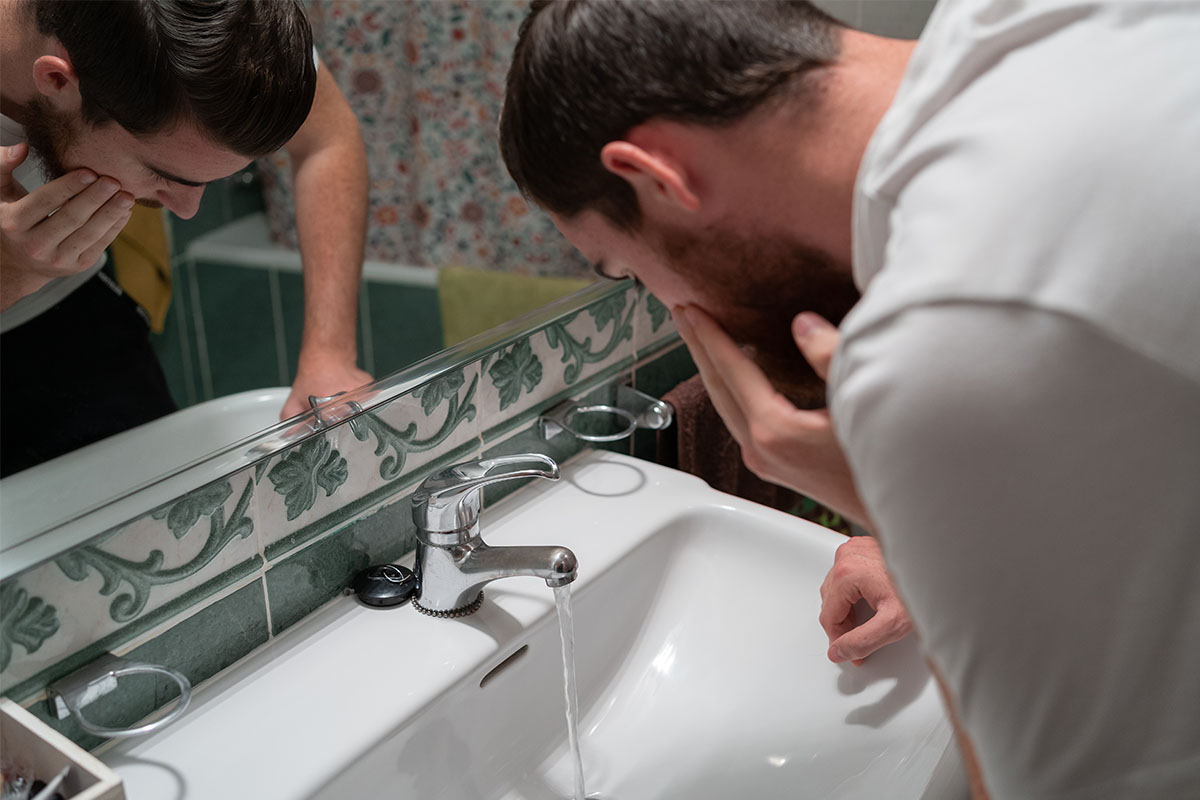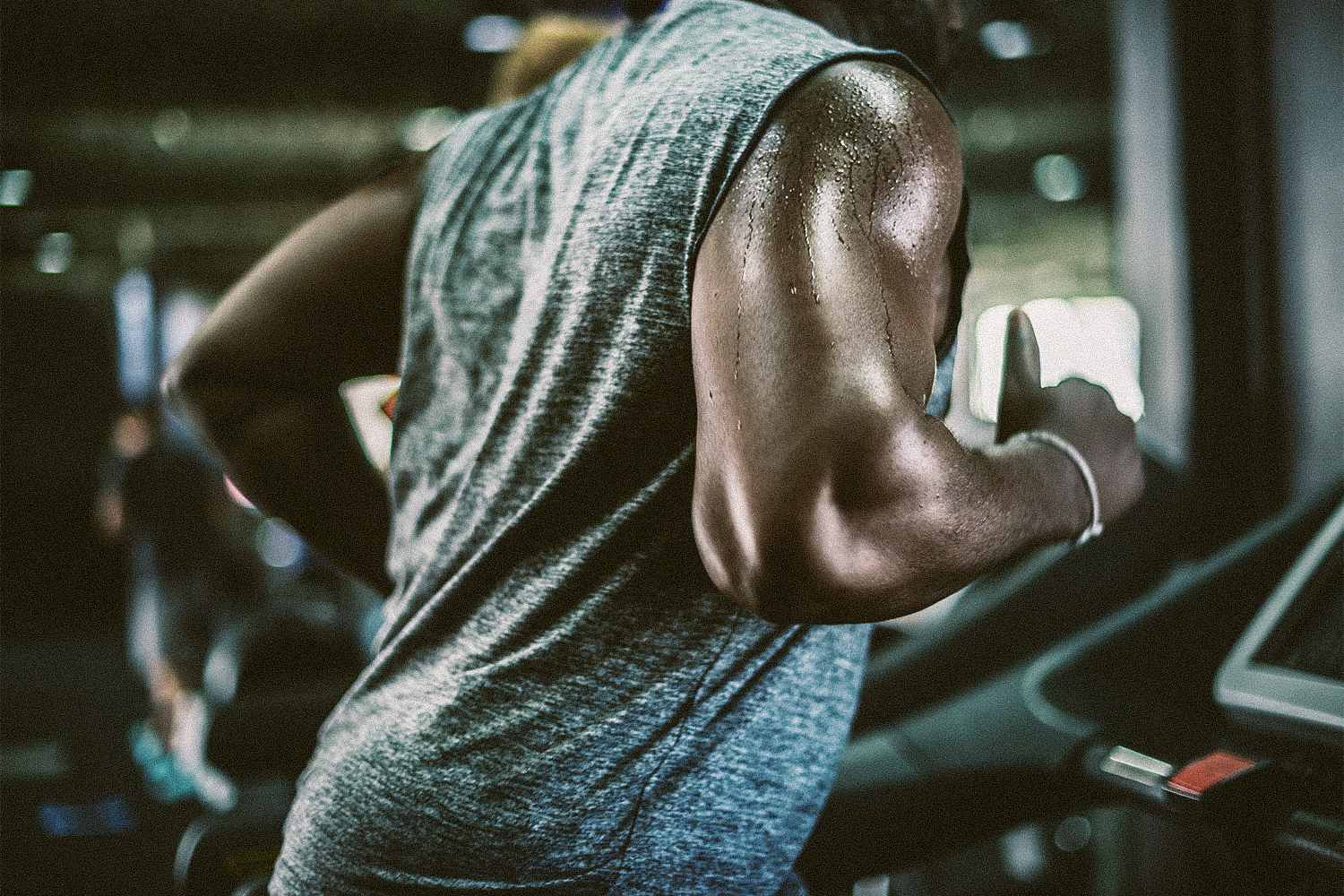Among the many mistruths pedaled in high school health classrooms is the promise that acne ends with adolescence. Hormonal imbalances and sebum production are at an all-time high, the story goes. Once you make it to adulthood, all those blackheads, whiteheads, pimples and cysts will go away for good.
But consider this: 20% of men over 30, and 7% over 50, report dealing with facial acne. And as we’ve covered at length, back acne can visit at just about any age, depending on a range of factors like workouts, clothing, shower habits and choice of body wash.
It’s the peskiness of facial acne in particular, though, that’s been taking an emotional toll on adults, as The New York Times explains. According to research by Dr. John S. Barbieri, an acne specialist based in Boston, adult acne is closely linked to feelings of anxiety, depression and social isolation. Focusing mainly on a cohort of adult women, Dr. Barbieri sought to “explore the lived experience of acne in adult populations.” He concluded that many participants struggled to “identify effective treatments for their acne,” while living with acne resulted in “strong concerns about appearance … mental and emotional health consequences … and disruption of personal and professional lives.”
People with adult facial acne are more likely to cancel dates (because of how long it takes them to get ready) or avoid them outright (for fear of how a potential match might perceive them). They’re wary of seeing old friends — in certain instances, adults develop adult-onset acne; they may not have had any issues years before — or taking job interviews. One recent study found that 67% of people find acne unattractive, 44% feel uncomfortable touching someone with acne and 80% say they “pity” adults who have it. And who, after all, wants a new partner or job out of pity?
There are steps you can take to address your adult acne head-on and get back on track. Number one: Go see a dermatologist. If you’ve had trouble finding one you can feel comfortable around, look for a trusted referral through a friend. Once there, inquire about your treatment options — from topical retinoids to oral antibiotics. While severity may vary (some deal with sporadic outbreaks, others have cystic acne), your feelings on adult acne are valid either way. Anything that robs you of self-confidence is worth paying attention to.
Before you schedule a doctor’s appointment, there are some steps you can take right now, namely: drink more water, up your intake of heart-healthy/brain-happy fruits and vegetables, eat less sugar, cut back on fried foods, get outside for a walk once a day (to minimize stress, which will help with hormone levels), and most importantly, recognize that you aren’t the only adult in the world with acne. It’s normal and it happens, no matter what your health teacher taught you.
Whether you’re looking to get into shape, or just get out of a funk, The Charge has got you covered. Sign up for our new wellness newsletter today.

















